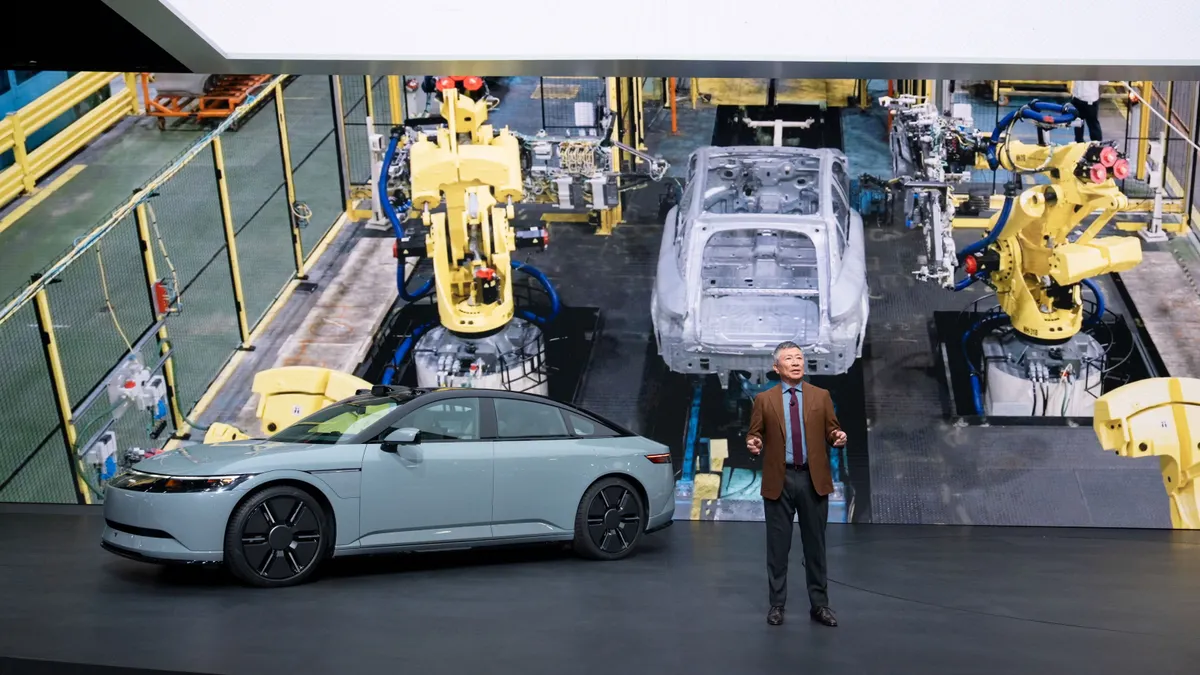Editor's note: This story is part of the WardsAuto digital archive, which may include content that was first published in print, or in different web layouts.
Kicking the can down the road is in fashion. The U.S. Congress does it regularly, postponing for a short while difficult decisions in the hope problems will be easier to solve later.
Toyota just kicked the can down the road, too. Instead of fighting in court hundreds of lawsuits related to sudden unintended acceleration allegations that have been proven to be baseless, the auto maker has chosen to surrender and pay out a record $1.1 billion to settle claims.
“This was a difficult decision; especially since reliable scientific evidence and multiple independent evaluations have confirmed the safety of Toyota’s electronic throttle control systems,” says Christopher Reynolds, chief legal officer for Toyota Motor North America in a statement.
“However, we concluded that turning the page on this legacy legal issue through the positive steps we are taking is in the best interests of the company, our employees, our dealers and, most of all, our customers,” Reynolds says.
From a short-term business standpoint, it makes sense for Toyota to just pay off the lawyers to keep bad memories out of the headlines. But strategically, it is a dangerous move.
After four years of struggles with sudden-unintended acceleration claims, natural disasters in Japan and Thailand and battles with the U.S. government over safety and recall issues, the auto maker is hitting its stride again. U.S. sales were up 27% in 2012, and market share surged to 14.4%. Profits have been soaring as well, so it makes sense Toyota would not want to do anything that might jinx its comeback.
In the 1980s, when unintended acceleration lawsuits first reared their ugly heads, Audi rightly determined drivers were crashing because they were inadvertently stepping on the gas pedal instead of the brake.
It vigorously defended itself against claims that its product, the Audi 5000 sedan, was defective. Surprisingly, this logical course proved ruinous. Widespread publicity over Audis allegedly roaring out of control destroyed the German auto maker’s new-vehicle sales and resale values. Things got so bad, Audi almost left North America.
Toyota still faces more than 100 product-liability and individual lawsuits related to alleged unintended acceleration, and it clearly does not want to repeat Audi’s mistake of going to war with its own customers.
But it cannot capitulate so easily on this next set of lawsuits and hope the issue of sudden acceleration will go away. It won’t.
The $1.1 billion Toyota is paying out now mostly is to reimburse customers for the loss of value to their vehicles during a time when panic over demon-possessed Toyotas gripped the nation.
Ironically, the hysteria was created by trial lawyers suing Toyota, hoping they could intimidate the auto maker into a big payoff. They manipulated gullible media and used powerful friends in Washington to gin up public furor to the point almost every fender bender involving a Toyota became national news.
But almost 30 years of intensive research by the National Highway Traffic Safety Admin., the National Aeronautics and Space Administration, the National Academy of Sciences and countless independent researchers have resulted in the same conclusions: Cars and trucks do not suddenly go into a full-throttle state on their own, and they cannot overpower their brakes and go on to cause mayhem all by themselves.
There are three causes of the so-called phenomenon: The accelerator can be trapped under heavy floor mats, and pedals can stick because of a mechanical problem with the pedal itself. But “pedal misapplication” is by far the most common cause.
The overwhelming evidence pointing to driver error in the vast majority of sudden-acceleration lawsuits should have ended this legal scourge long ago. But big payouts from auto makers desperate to avoid controversy have turned it into an enormously lucrative business for trial lawyers, now even more so because of Toyota’s eagerness to pay out and “move on.”
Accusing an auto maker of having sudden-acceleration problems today is like accusing someone of being a witch in 17th century Salem.
Truth doesn’t matter. Accusations are made, interviews with tearful “victims” are distributed to the media, stock prices plummet, reputations are damaged, sales fall. Shareholders and board members then exert pressure on management to settle at any cost to make it all disappear.
Trial lawyers know this game well. If Toyota does not confront the ugly myth of sudden acceleration head-on with facts, the next time accusations fly, it will take much more than $1 billion to make them go away.



















